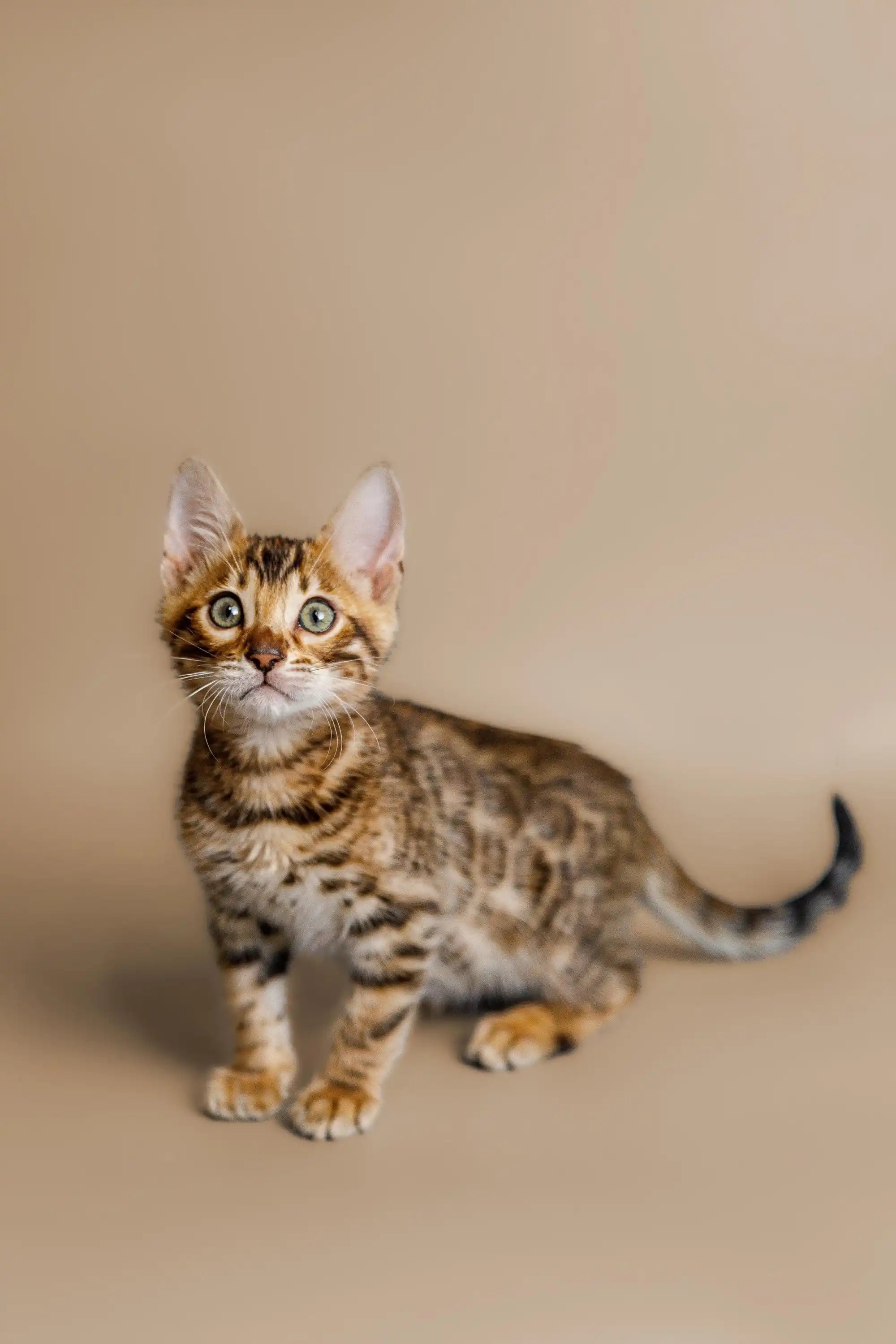Bengal cats can be very active and require a lot of attention. They can also be expensive to buy and maintain.
Bengal cats are known for their stunning coat patterns and energetic personalities. These exotic-looking felines are a popular choice for pet owners seeking a unique companion. Despite their beauty and charm, Bengal cats come with certain disadvantages. Their high energy levels demand significant time and effort from their owners.
They can become destructive if not adequately entertained. Additionally, Bengals can be costly due to their premium price and potential healthcare needs. Prospective owners should weigh these factors carefully to ensure they can meet the demands of this lively and captivating breed. Proper care and attention are crucial for a Bengal cat’s well-being.
High Energy Levels
Bengal cats are always on the move. They love to climb, jump, and run. Their high energy can be overwhelming. Owners need to provide lots of playtime. Without enough activity, they can get bored. Boredom can lead to destructive behavior. Keeping up with their energy is challenging.
Bengal cats need mental stimulation. Puzzle toys and games are a must. They get bored easily. Boredom can make them unhappy. Owners must keep them engaged. Interactive toys can help a lot. Regular play sessions are important. Without stimulation, they may become mischievous.

Credit: purebredkitties.com
Destructive Behavior
Bengal cats love to scratch. They often target furniture. This can lead to damaged sofas and chairs. Scratching posts can help, but not always. Training is needed to reduce this behavior. Scratching is natural for them.
Bengal cats also chew on things. They might chew on shoes, wires, or toys. This can be dangerous. Small objects can be swallowed. This may cause health issues. Keep important items out of reach. Provide safe chew toys instead.
Social Needs
Bengal cats need a lot of attention. They enjoy playing and interacting with people. If they don’t get enough attention, they can become bored. Bored Bengal cats might act out. They may scratch furniture or meow loudly. This can be hard for busy owners.
Bengal cats can suffer from separation anxiety. They do not like being alone. They can become stressed if left alone for long periods. This stress can lead to destructive behavior. They may chew on things or have accidents outside the litter box.

Credit: m.youtube.com
Health Issues
Bengal cats often have genetic disorders. These disorders can affect their health. One common issue is hypertrophic cardiomyopathy. This disease affects their heart. Another problem is progressive retinal atrophy. This condition can cause blindness. Regular vet visits are important. Early detection helps manage these issues.
Bengal cats love to eat. They are prone to obesity if not monitored. A balanced diet is crucial. Overfeeding can lead to weight gain. Exercise is also important. Playing with your cat helps keep them fit. Obesity can cause other health problems. Diabetes and joint issues are common. Keep an eye on their weight.
Expensive Upkeep
Bengal cats need high-quality food. This can be expensive. They often eat more than other cats. This adds to the cost. Special diets may be necessary. These diets cost even more. Feeding a Bengal cat can strain your budget.
Veterinary bills for Bengal cats can be high. They need regular check-ups. Some Bengal cats have health issues. These issues require special care. Treatments can be costly. Budgeting for veterinary care is important. Pet insurance can help, but it also costs money.
Credit: www.quora.com
Loud Vocalizations
Bengal cats are known for their frequent meowing. They tend to be very vocal. This constant noise can be very annoying. Some people find it hard to concentrate. The meowing is loud and persistent.
Bengal cats make noise at night. This can disturb your sleep. Their nocturnal habits are hard to change. Cats often meow for attention. This can be disruptive if you need rest. Nighttime noise is a common issue with Bengals.
Not Ideal For Small Spaces
Bengal cats love to run and jump. They need a lot of space. Small spaces can make them feel trapped. They may become sad or bored. This can lead to bad behavior. Scratching furniture and loud meowing are common issues. A big house with many rooms is better for them. They enjoy exploring new places. They need room to roam.
Apartments are often small. Bengal cats may feel uncomfortable. Noise from neighbors can scare them. They need a quiet and large place to live. High energy levels make them unsuitable for small homes. They need a yard or garden to play. An apartment may not meet their needs.
Compatibility Issues
Bengal cats can be very active. They might not be the best choice for families with small kids. Their playful nature can sometimes lead to scratches. Kids might find them a bit too energetic. Bengal cats require a lot of attention. They might not be patient with children. This can cause stress for both the pet and the child. Always supervise interactions between them.
Bengal cats can be territorial. They may not get along with other pets easily. Introducing them to new pets can be challenging. They might see other animals as competition. This can lead to fights. It is important to introduce them slowly. This helps in reducing conflicts. Bengals also prefer to be the center of attention. Sharing space with other pets might not suit them.
Frequently Asked Questions
What Are The Cons Of Owning A Bengal Cat?
Bengal cats can be very active and require lots of attention. They might be noisy and vocal. They also need regular grooming. These cats can be expensive to buy and maintain. Bengals may not get along well with other pets.
Do Bengal Cats Have Problems?
Yes, Bengal cats can have health issues. Common problems include heart disease, hip dysplasia, and eye conditions. Regular vet check-ups are crucial.
Are Bengal Cats Difficult To Keep?
Bengal cats require active engagement and mental stimulation. They are energetic, intelligent, and need regular playtime. Proper care, attention, and an enriched environment make them easier to manage.
What Not To Do With A Bengal Cat?
Do not leave a Bengal cat alone for long periods. Avoid declawing them. Refrain from feeding them unhealthy food. Don’t neglect their need for stimulation and exercise. Never punish them harshly.
Conclusion
Owning a Bengal cat comes with challenges. They require high energy, lots of attention, and can be quite vocal. Their wild nature might not suit everyone. Weigh these disadvantages before bringing one home. Understanding their needs ensures a harmonious relationship.
Make an informed decision for a happy, healthy pet experience.

Hello, this is Frank Swanson, the owner, and operator of Pet Info Hut. I created this website as a way to share my love of pets with the world. I have over 7 years of experience working with animals, and I have a passion for helping people care for their pets. I hope that you find my website useful and informative. Thanks for visiting!
